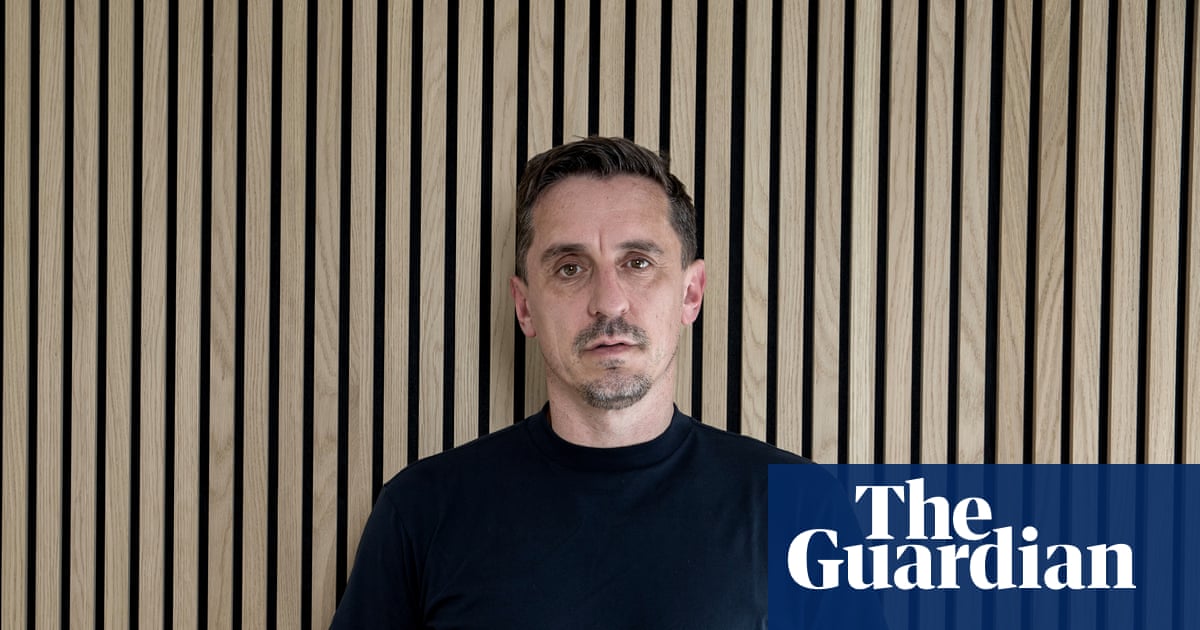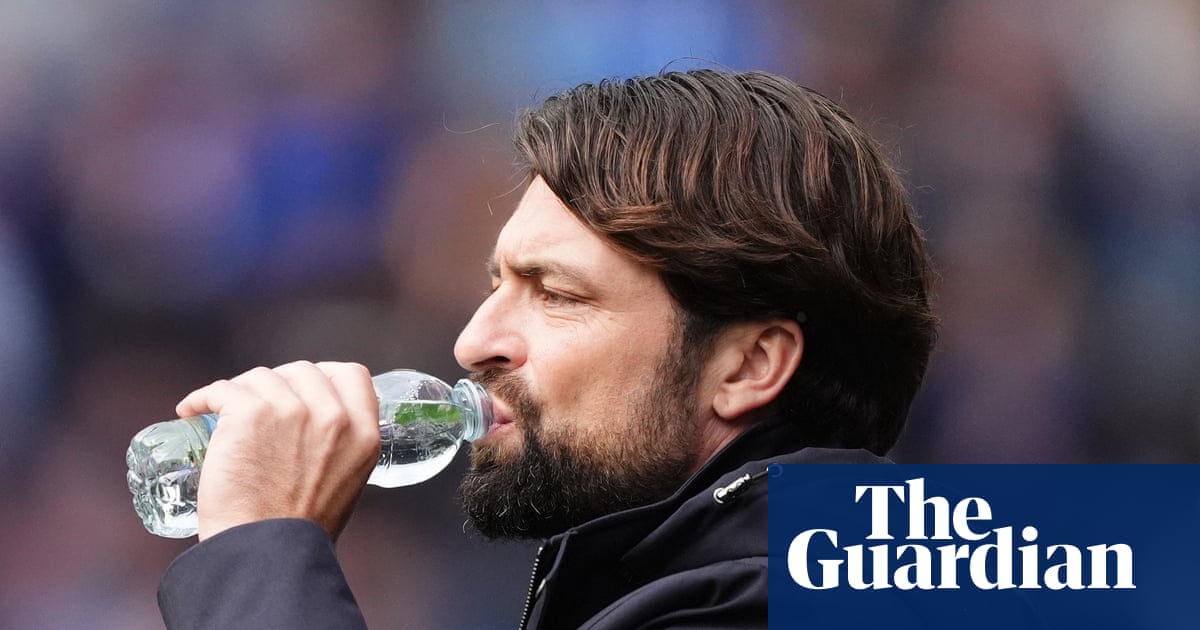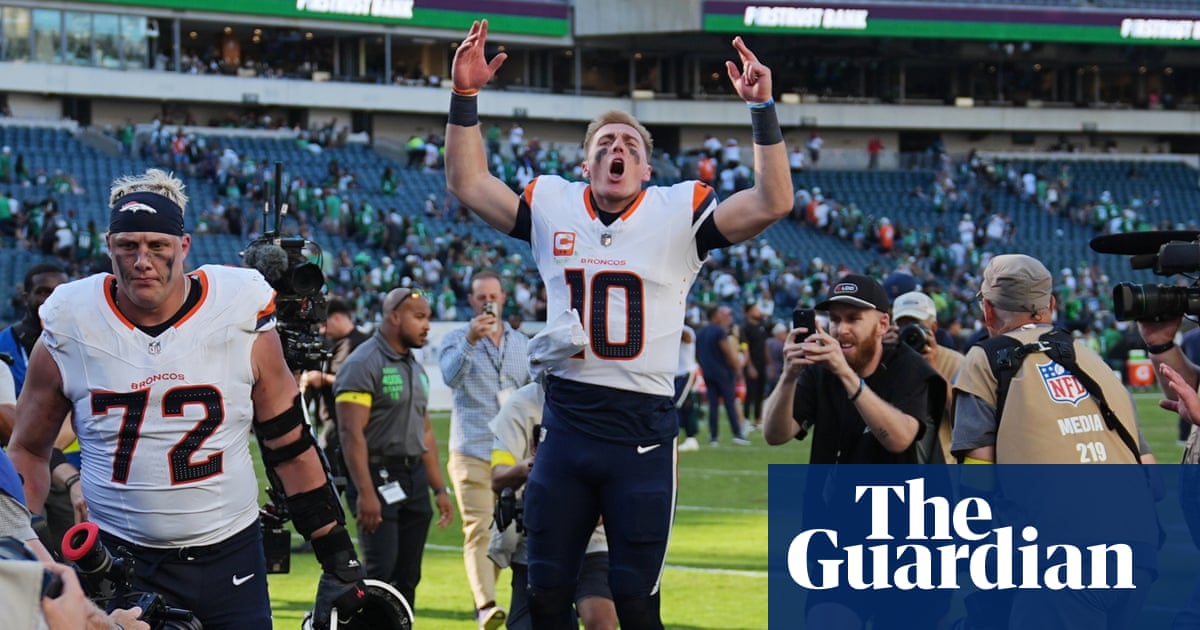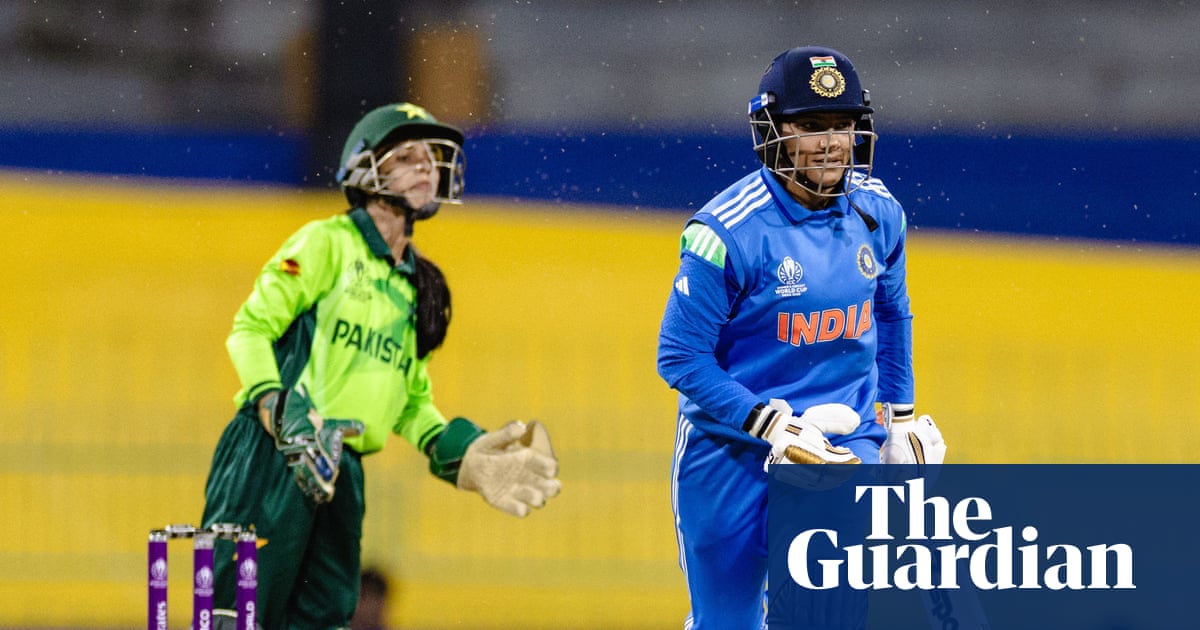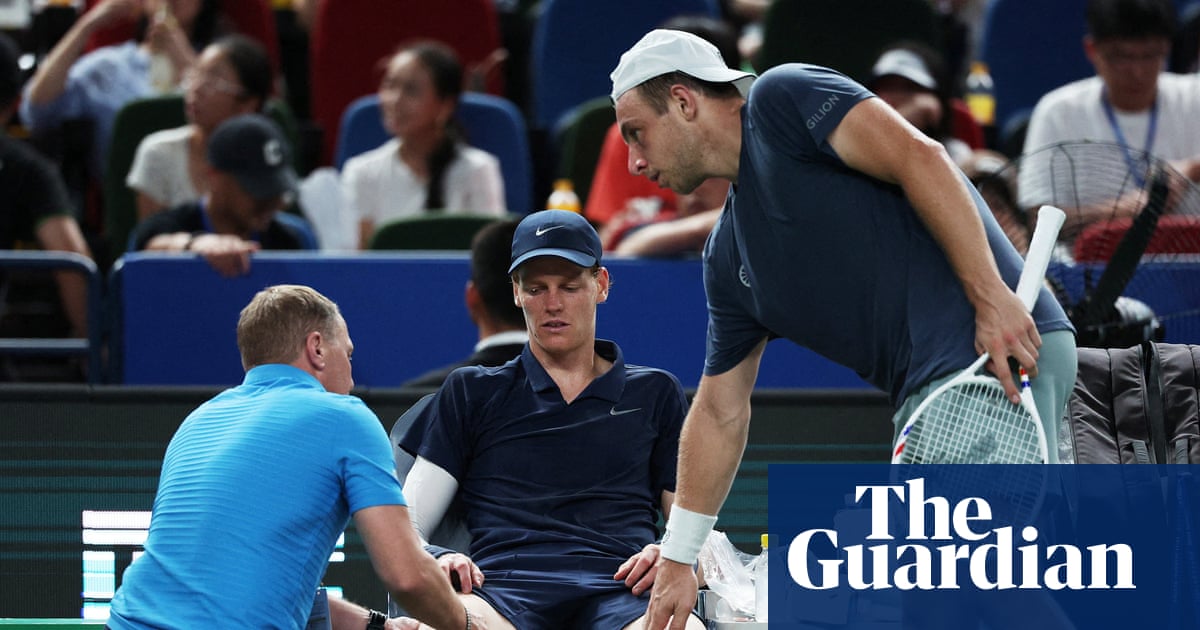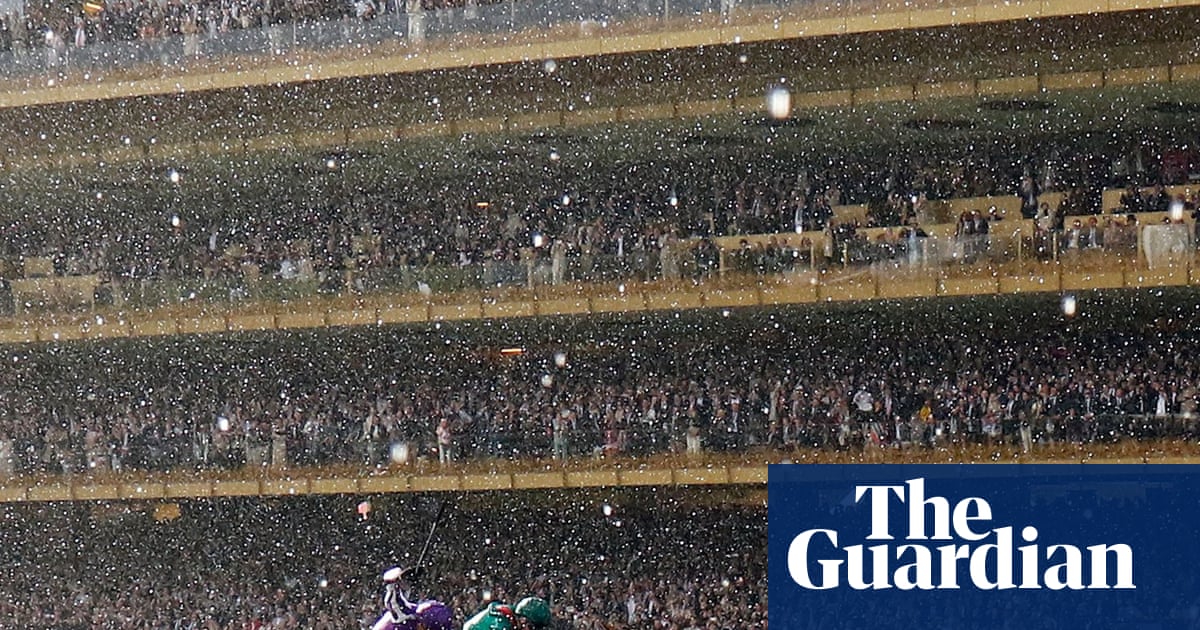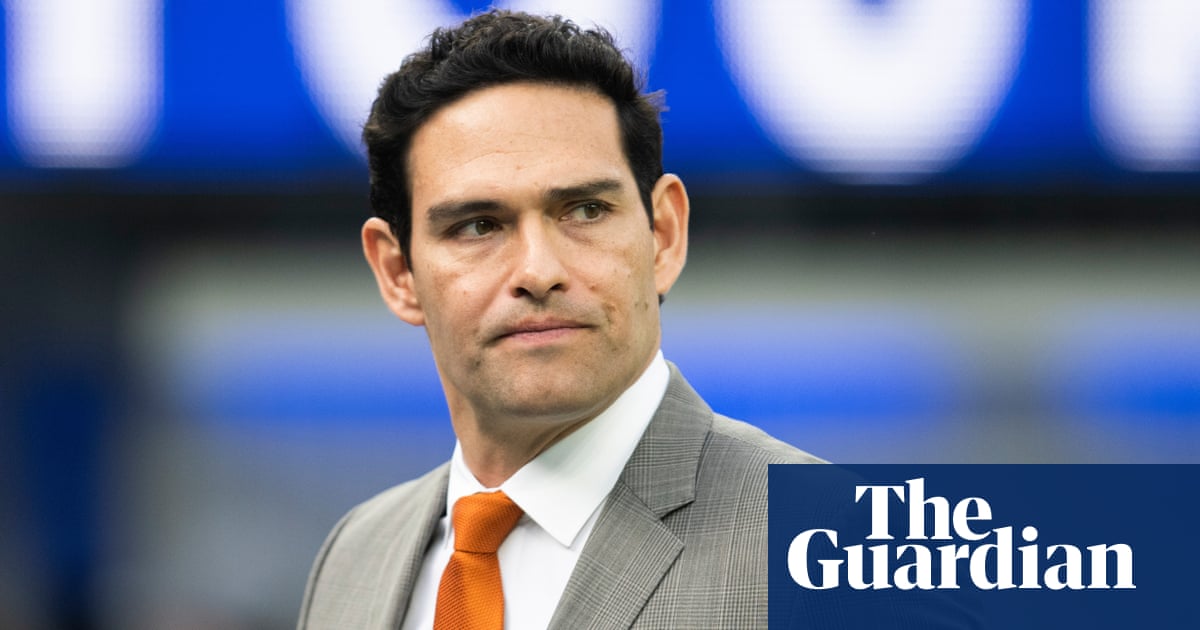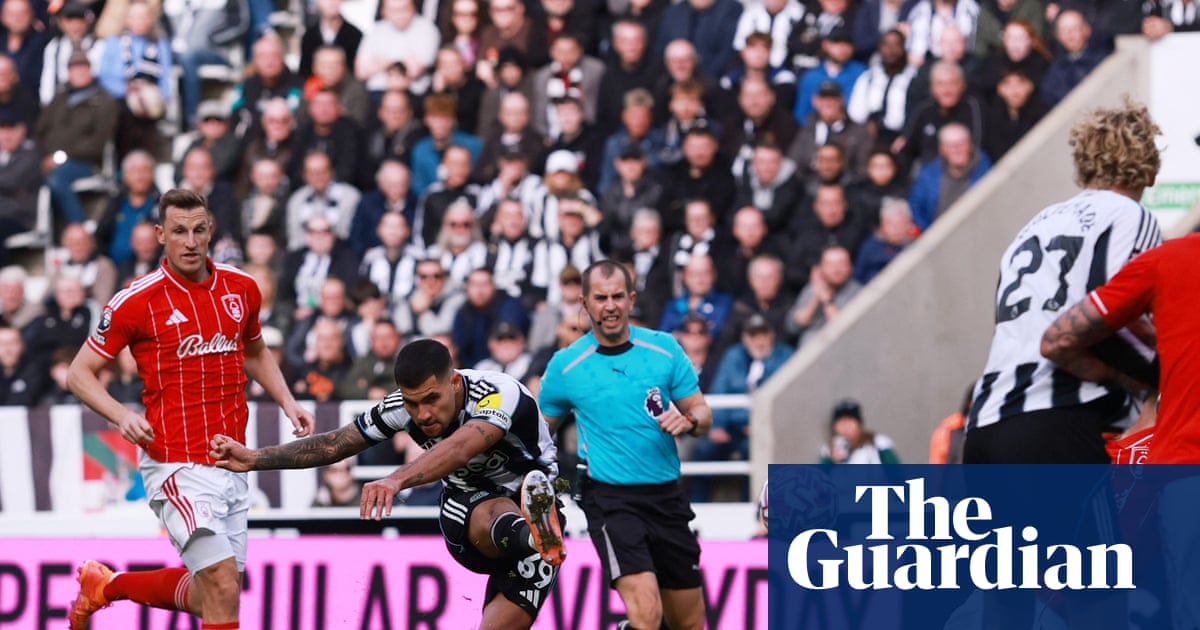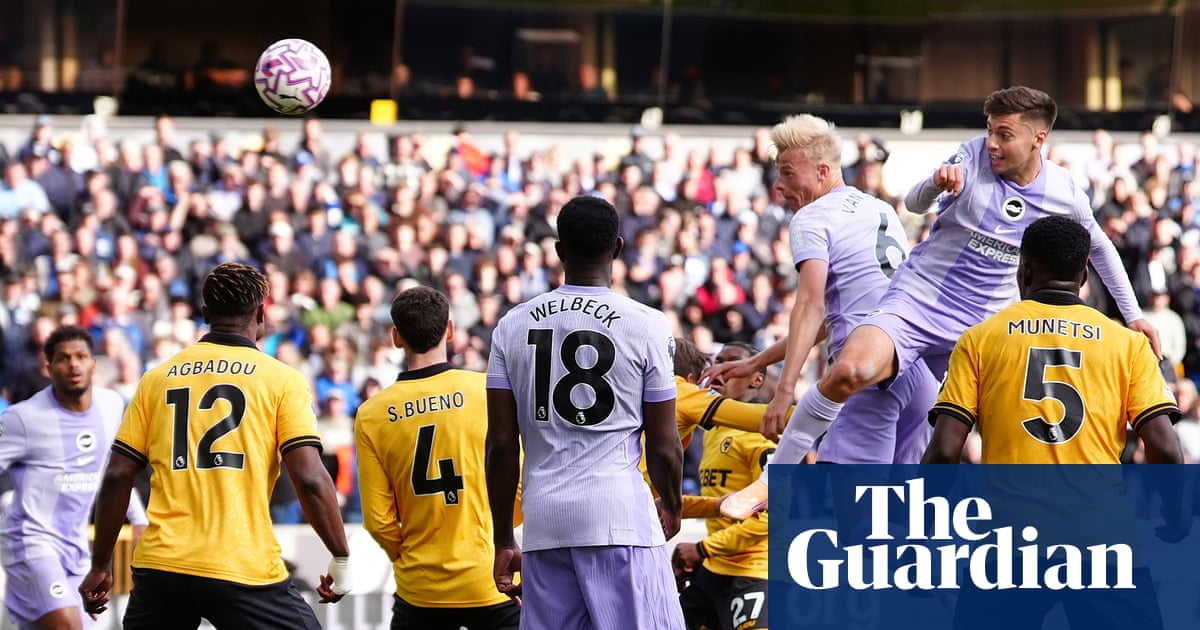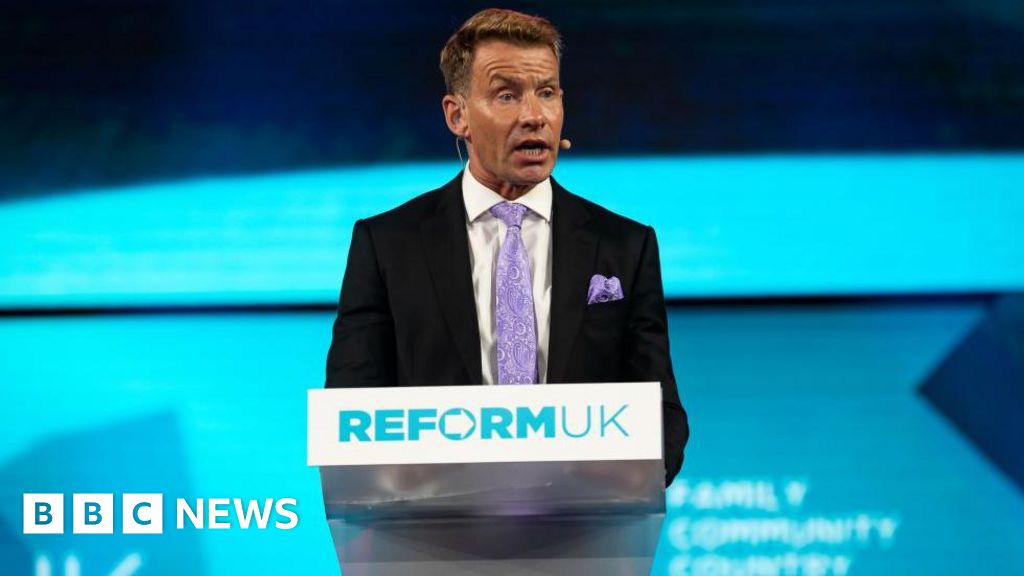“Max Faulkner. Open champion 1951”. Faulkner signed those words for a young fan who had offered up a golf ball en route to the first tee of the final round at Royal Portrush. He regretted it almost immediately. While he held a commanding six-shot lead before the 1951 Open’s last 18 holes, there now existed an embarrassing piece of evidence should he fail to deliver.
Fortunately for Faulkner, despite an errant drive on the 1st hole, he went on to fulfil his prophecy by two strokes. It would take 18 years before another English golfer, Tony Jacklin, hoisted the Claret Jug.
As the Open returns to Northern Ireland for the third time at Portrush, many will have fond memories of Shane Lowry’s emotional victory in 2019. Yet fewer will recall Faulkner’s improbable triumph during a vastly different era, one without rangefinders and swing analysis, when golfers had to rely on intuition and experience to conquer Portrush.
“The Open is one tournament you can’t win suddenly from out of the blue: you have to get a taste for it,” wrote Faulkner, who died in 2005 aged 88. He was no stranger to Portrush, having come third in the Irish Open on his 21st birthday at the same venue. To tackle the super-quick greens, described by Faulkner as “the fastest he had ever seen for an Open Championship”, he pivoted to a pencil-slim putter weighing just 11 ounces (312g).
Before the tournament, three-time Open champion Henry Cotton had snapped a picture of Faulkner, then 34, arms aloft, explaining to American amateur Frank Stranahan and England’s Ken Bousfield how he would win the tournament. They are laughing, for good reason. Two-time defending champion Bobby Locke, who would finish tied-sixth, was undoubtedly the favourite. Cotton and 1947 winner Fred Daly were also among the 98-strong field. Not to mention that Faulkner had admitted to playing “rubbish” golf prior to the event. There was a sense of conviction in his words though. “I’ll show them this time,” he told his wife, Joan.
A fairly average opening round of 71 on Wednesday meant he started three shots adrift. But when his competitors faltered facing Thursday’s windy conditions, Faulkner stood firm and carded a respectable 70, earning him a two-shot lead. The razor-thin putter had brought results, needing just 27 and 24 putts, respectively.
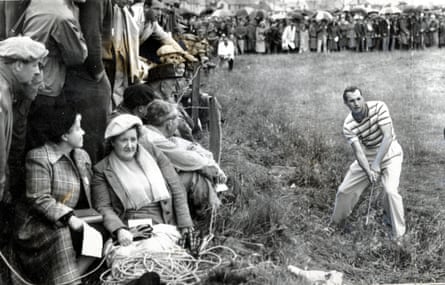
The final 36 holes of the Open were played on the same day that year. He scored another 70 on Friday morning to increase his lead to six, over Argentinian Antonio Cerdá, thanks to a shot described by playing partner Stranahan as “the greatest shot I’ve ever seen”. After a wayward drive on Babington’s, then the par-four 16th (No 18 today), Faulkner found his ball next to a barbed-wire fence.
“I thought there was just a chance if I lifted the club up steeply enough to miss the stile, deliberately sliced the shot and lifted the club up immediately after impact to avoid tearing my hands on the barbed wire,” he wrote. Faulkner executed it just like he had imagined, hitting a ridiculous slice with his four-wood which found the green, to save par.
The afternoon began with a sense of foreboding after he signed the young boy’s ball and felt jitters from the 1st tee. Faulkner, whose lead had been significantly reduced by the time he reached the 18th, recalled: “My knees were a bit shaky as I bent down and I had some trouble getting the ball on the tee.”
Still, he smoked his final drive down the fairway and a crowd had gathered around his ball. This was a time before tournaments began roping off holes, when besides dealing with the pressure of the moment, golfers had to be mindful not to lose a shoe amid the encroaching spectators.
after newsletter promotion
A marker stood over Faulkner’s ball and cleared a space for his crucial approach shot. After pulling out his trusty four-wood, an old friend, Jimmy Adams, hissed loudly at him, trying to tell him he was overclubbing by some distance. There was no hiding behind overzealous marshals, desperately waving ‘quiet please’ paddles back and forth over their heads as if their lives depended on it.
He shanked his approach, which fortuitously stayed in play after ricocheting off a spectator’s chest, nestling in long grass on a slope. Miraculously, Faulkner found the green with a superb recovery shot and two-putted for bogey. He signed for a 74, but without giant scoreboards to indicate how his competitors were faring, he didn’t know if it was enough.
It took another hour before a messenger rushed forward with good news. “Tony Cerdá’s taken six. It’s your Open.”
Faulkner’s 285 total at Portrush, the sixth-worst winning score since 1946, will most certainly not be enough to win there in 2025. But his confidence and fearless approach, on one of the toughest links courses, remain relevant 74 years later.
.png)
 2 months ago
33
2 months ago
33
